
Seeker of knowledge | ‘ilm-phile | Self-acclaimed polyglot | bookworm | reader 📖 | bibliomaniac | INTP
How to get URL link on X (Twitter) App

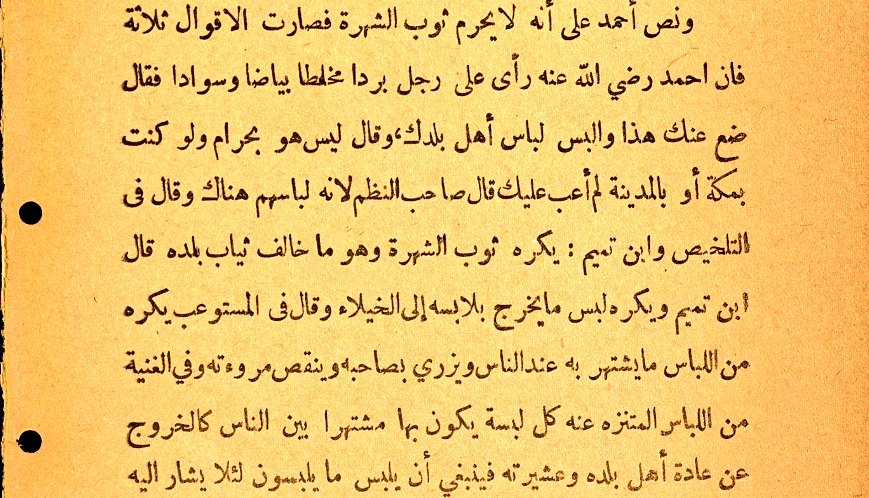
![[Ibn Mufliḥ, al-Ādāb al-Sharʿiyyah, 3:532].](https://pbs.twimg.com/media/G3bHg54WMAEVQSg.jpg) Ibn Baṭṭāl (d. 449) mentions that “in a given period, a person should dress according to the dress of his land, as long as it is not sinful to do so, since dressing in a contrary manner is a form of notoriety.”
Ibn Baṭṭāl (d. 449) mentions that “in a given period, a person should dress according to the dress of his land, as long as it is not sinful to do so, since dressing in a contrary manner is a form of notoriety.” 
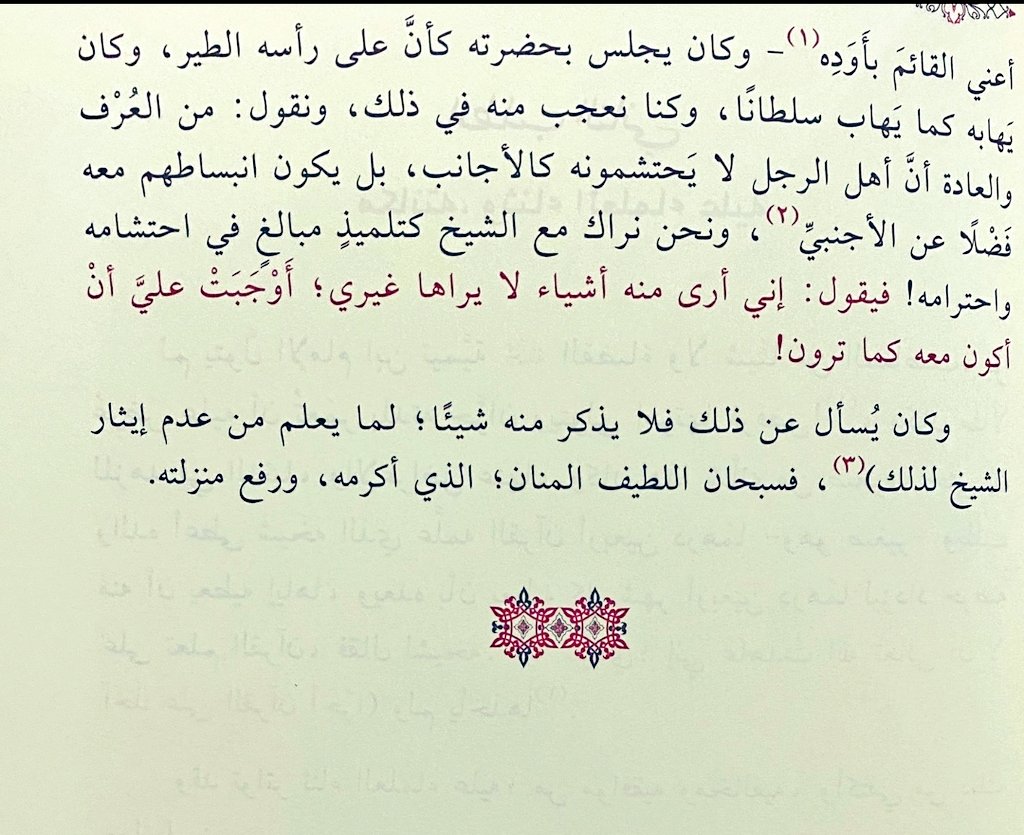

 the majority of their contents remain unchanged, and therefore, it must be honored and protected.”
the majority of their contents remain unchanged, and therefore, it must be honored and protected.”
https://twitter.com/Shahidris9/status/1959085019462259148The Qurʾān permits polygyny in principle, and anyone who believes it to be intrinsically unjust or oppressive constitutes disbelief. This is an agreed upon position of the jurists. However, the allowance does not imply a blanket recommendation for all.
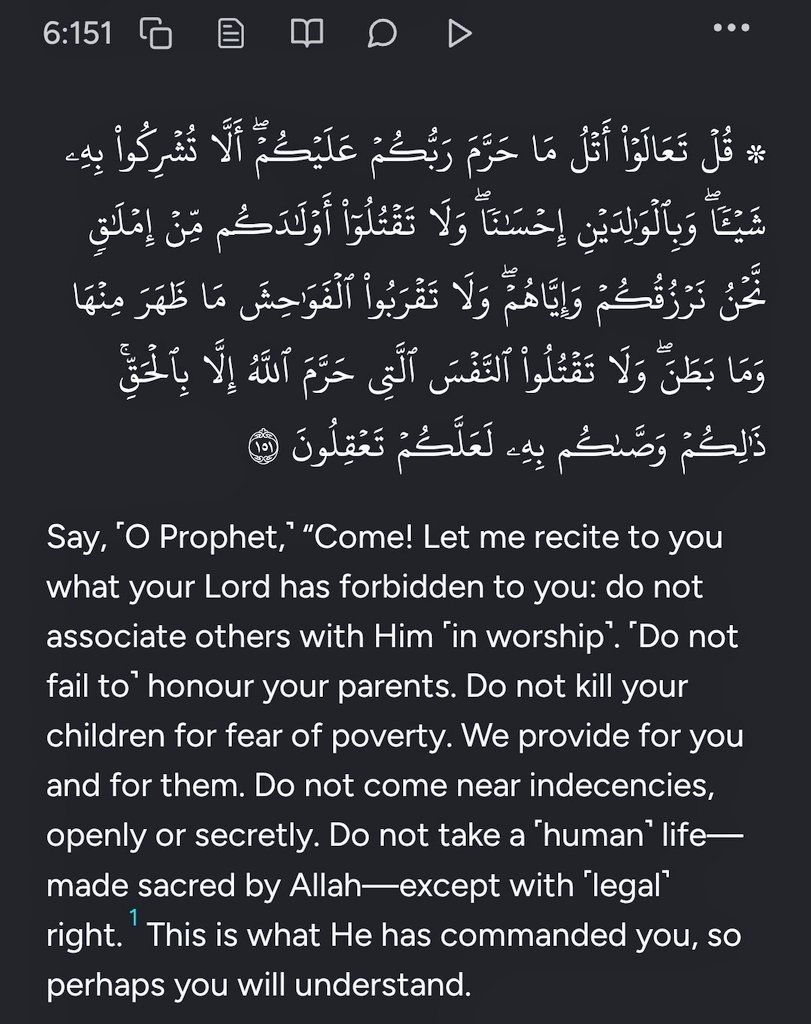
 —the Fiʿl = Majzūm.
—the Fiʿl = Majzūm.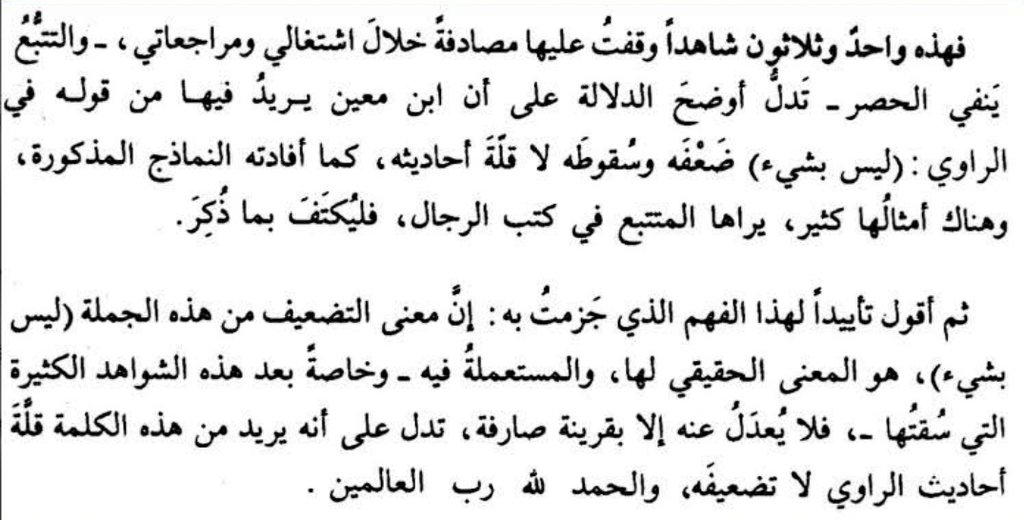
 According to this reading, Ibn Maʿīnʾs evaluative statement laysa bi-shayʾ does not carry with it a negative value judgement.
According to this reading, Ibn Maʿīnʾs evaluative statement laysa bi-shayʾ does not carry with it a negative value judgement.
 Al-Nawawī (d. 676) writes commenting on this ḥadīt͟h:
Al-Nawawī (d. 676) writes commenting on this ḥadīt͟h: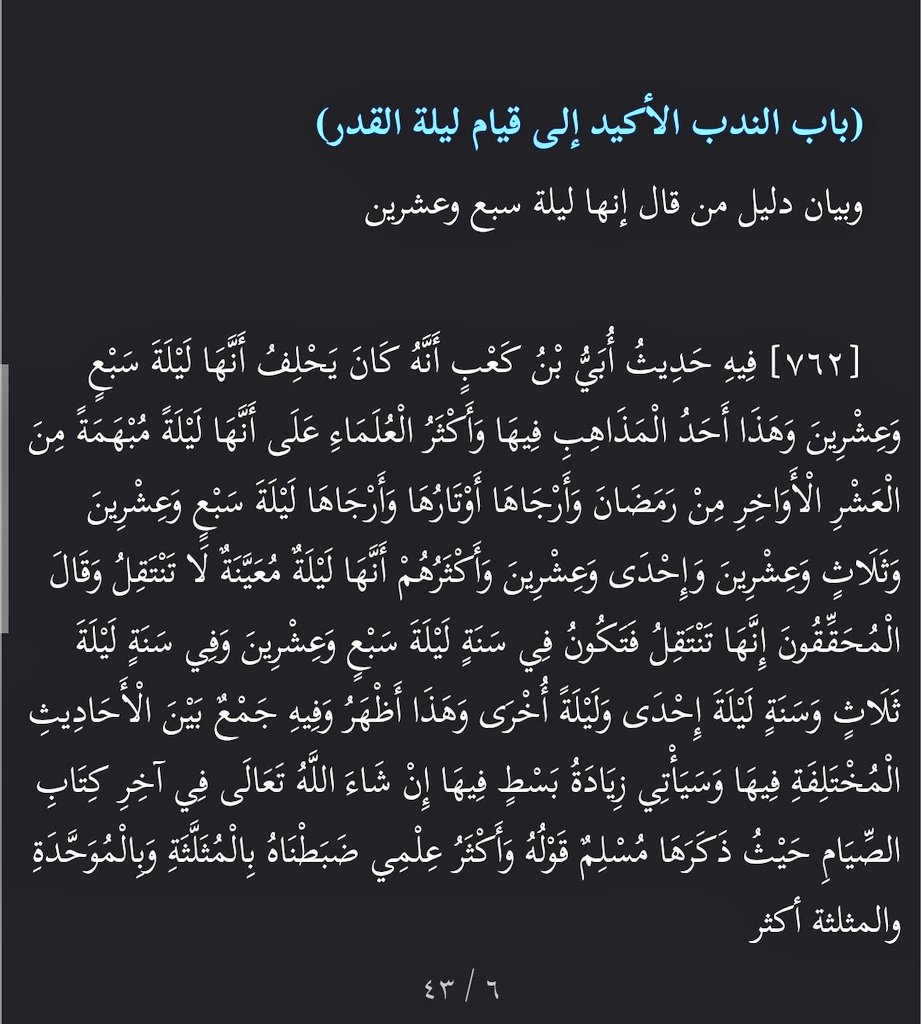

 They would do the same for every Rakʿah. Except for a few who used to pray whilst taking their time, calling Allāh without being bogged down about the number of Rakaʿāt. Some would recite a whole Juzʿ in one night with Tartīl.
They would do the same for every Rakʿah. Except for a few who used to pray whilst taking their time, calling Allāh without being bogged down about the number of Rakaʿāt. Some would recite a whole Juzʿ in one night with Tartīl. 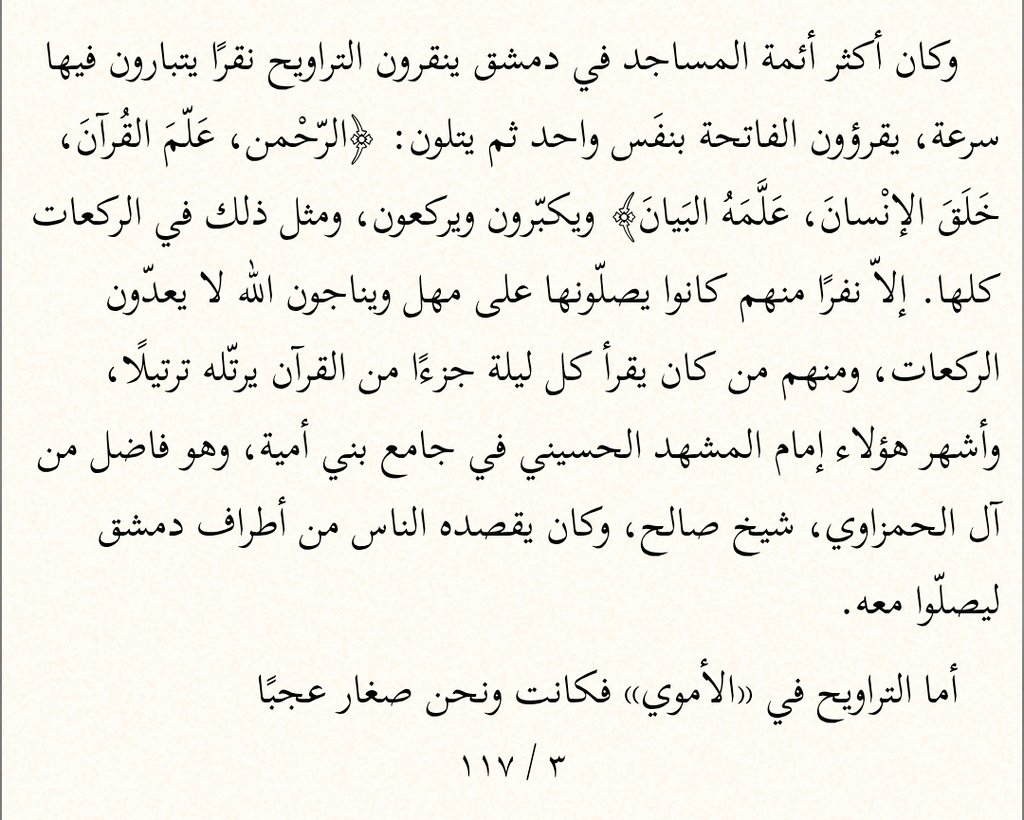
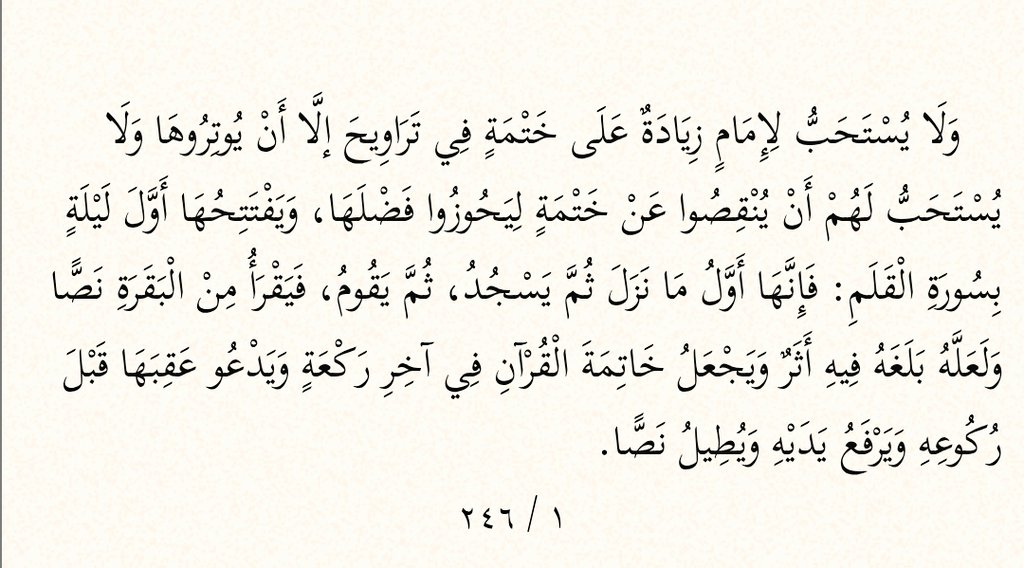
 —what they (the congregation) prefer. Also, it is not preferred that they (the congregation) go for anything less than a completion of the whole Qurʾān, so they can attain its rewards.
—what they (the congregation) prefer. Also, it is not preferred that they (the congregation) go for anything less than a completion of the whole Qurʾān, so they can attain its rewards.

 If you let your heart drink every doubt that passes by you, it will become a resting place for doubts.”
If you let your heart drink every doubt that passes by you, it will become a resting place for doubts.”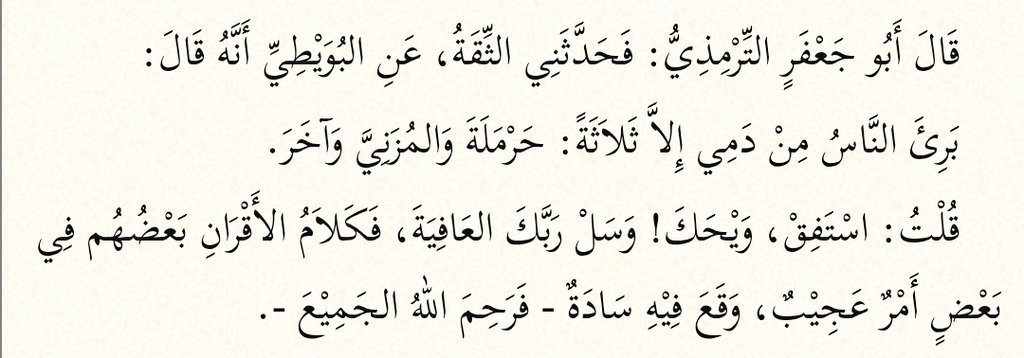
https://twitter.com/Shahidris9/status/1887608763495915795The story, as it now seems, is that going through a Mukhtaṣar allows one to add a lot more masā’il onto it during its explanation which gives a false impression of the teacher being greatly knowledgeable where he “knows so much more.”
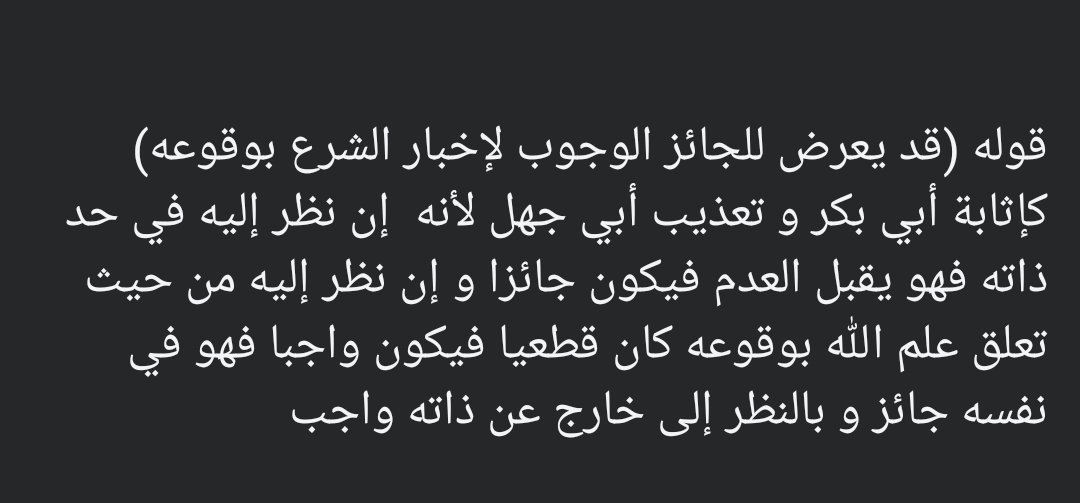
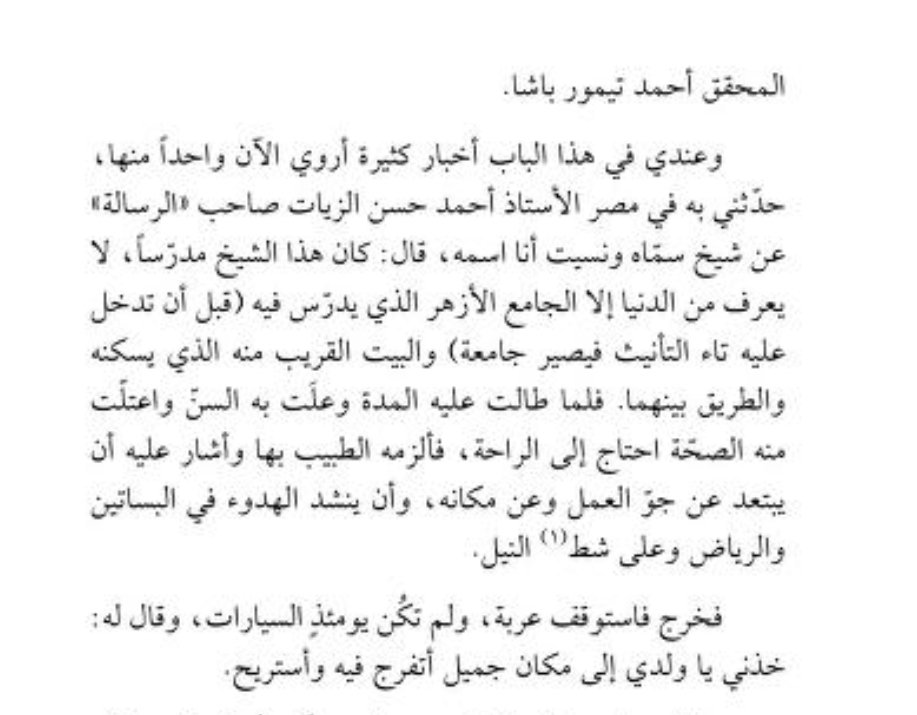
 It was about a Shaykh whose name he mentioned, but I can't quite remember. He said,
It was about a Shaykh whose name he mentioned, but I can't quite remember. He said,